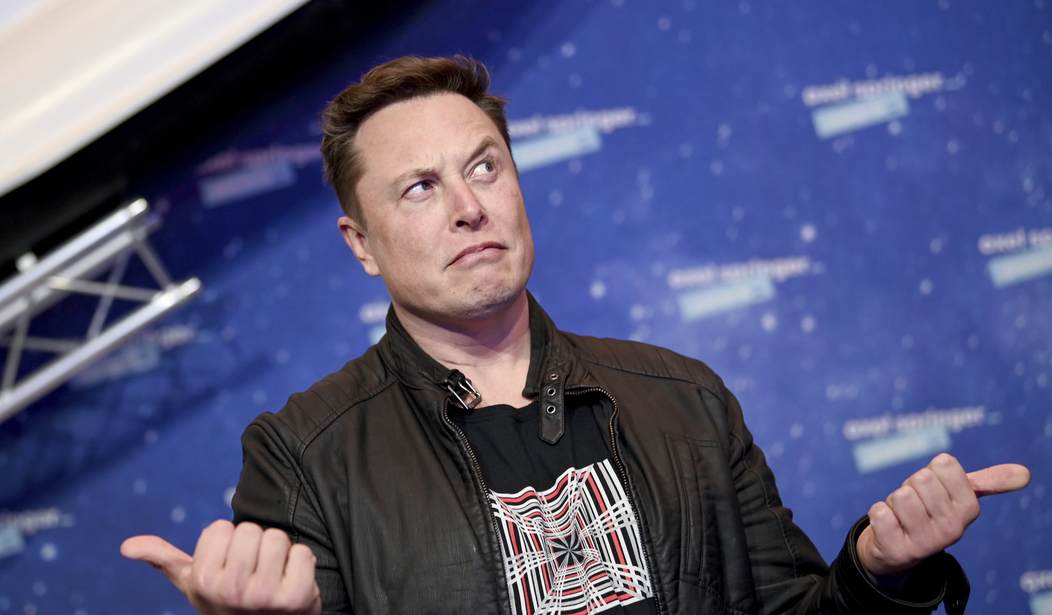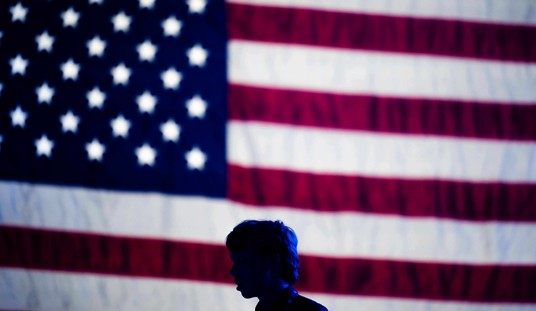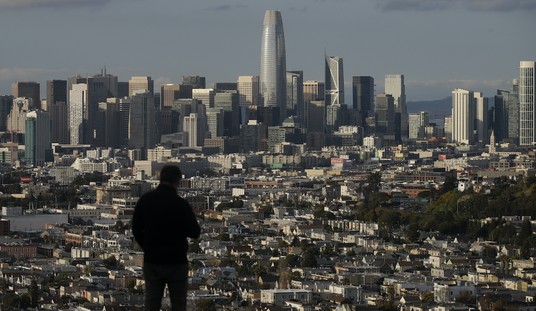Just how desperate has mainstream media grown over Elon Musk’s buyout of Twitter? The New York Times’ deep dive on Musk’s childhood in South Africa demonstrates how far they will go to hype the dangers of, um … free speech in the public square, or something. Social media has dragged the Gray Lady all morning for this “profile,” which sets itself up as a look as to how Musk’s white privilege makes him problematic in some way.
Here’s the headline, which sets the tone:
Elon Musk Left a South Africa That Was Rife With Misinformation and White Privilege
And the lede:
Elon Musk’s impending takeover of Twitter has many people probing his public statements and his past for clues about how he will shape one of the world’s most influential public platforms.
But Mr. Musk, best known for owning the companies Tesla and SpaceX, has not talked much in public about a significant swath of his past: How growing up as a white person under the racist apartheid system in South Africa may have shaped him.
“It’s telling — white kids were insulated from the harsh reality of it,” said Terence Beney, who is white and graduated with Mr. Musk from Pretoria Boys High School in 1988.
Interviews with relatives and former classmates reveal an upbringing in elite, segregated white communities that were littered with anti-Black government propaganda, and detached from the atrocities that white political leaders inflicted on the Black majority.
Oooooh — sounds damning! Or at least it does until you read past the jump. As it turns out …
- Musk left South Africa for Canada at 17.
- In part, he chose to leave because he didn’t want to serve in the apartheid-enforcing South African military [paragraph 14]
- His parents belonged to the anti-apartheid Progressive Party, and his father Errol ran and won office on that platform
- His black schoolmates recall that Musk “spent time with Black friends” [paragraph 9].
- Praetoria Boys High School had “a socially progressive undercurrent,” where the headmaster, teachers, and students “participated in freedom struggle activities” [paragraph 17].
- Musk rebuked a fellow student for using an “anti-Black slur,” and got bullied for it [paragraph 27], and later was one of only a handful of white people at the funeral of a black student [paragraph 28].
So, with that in mind, it doesn’t sound at all like Musk was “detached from the atrocities,” trapped in a disinformation bubble, or was unaware of the implications of South African policy. It sounds much more like Musk saw all of that and got away from it as soon as he could, and made choices that demonstrate his formation around the realities of both apartheid and propaganda campaigns.
The rest of this “profile” has nothing at all to do with Musk’s life in South Africa, although it touches on worker-discrimination complaints in Musk’s companies that have no connection at all to apartheid. It’s a classic smear effort that juxtaposes a target with a discredited political regime with zero evidence that the target either bought into the regime or its propaganda, helped shape or sustain it, or acted in accordance with it. It’s character assassination by proxy, when the facts are so obvious as to undermine the entire premise of the headline and the lede.
In fact, isn’t this the profile of someone who’d make a good steward of the public square, to the extent that a public square needs a steward at all?
Actually, I’m still agnostic on that point. I really have no idea whether Musk will stick to his professed free-speech values as the owner of Twitter, and acknowledge that his track record on that is at best spotty. I suspect that the financial pressures of private ownership will force Musk to bend significantly on that point, as may some of Musk’s new private-equity partners joining his bid to secure the financing for the buyout. He’ll be less susceptible to governmental bullying once he takes Twitter private, but I’m skeptical that there will be a long-lasting, dramatic change in direction — except maybe to end throttling and shadow-banning.
However, Musk’s bid has had the hygienic effect of forcing media outlets to take off their First Amendment masks and agitate for censorship and government control over speech. It’s the classic drawbridge impulse, and it takes someone of Musk’s heft to force it out into the open. The Carlos Slim-financed New York Times and Jeff Bezos owned-and-operated Washington Post seem the most nervous of all about free speech online. I wonder why.
Update: Peter Hamby reaches the same conclusion about this wretched piece of narrative journalism:
oh, so the opposite of the thesis pic.twitter.com/QzDP5nkAHS
— Peter Hamby (@PeterHamby) May 5, 2022
I don’t think you have to be a curmudgeon to notice this. It helps, of course, but this is so blatant that it’s impossible to defend.
Update, 9:06 pm: Well, well, well. Looks like the Paper of Record is trying to hide its record now:
Some editing going on this afternoon https://t.co/3kQSgPW0Y5 pic.twitter.com/SGFQLNJIO9
— Tom Gara (@tomgara) May 5, 2022
If anyone wants to see this article before it was edited, archives are available.https://t.co/eUl8brliar
— Keiko (@keikoinboston) May 5, 2022
They’re embarrassed. They should be.








Join the conversation as a VIP Member